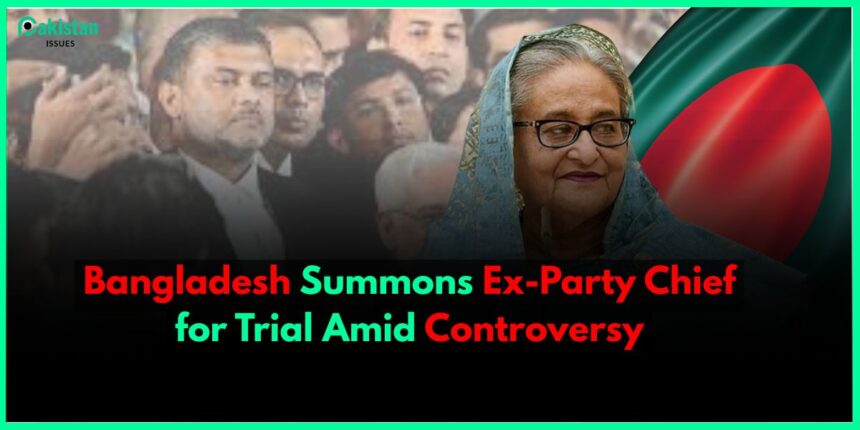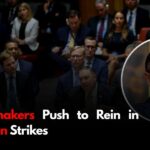Dhaka has seen yet another twist.The High Court has officially summoned Rahman Hasina, the former Bangladesh National Party (BNP) member who has been outside of the country for some time, to return and stand trial. He was charged with manipulation of the elections and serious corruption while in office.
Hasina spent the last several months in exile outside the country, but the whispers of discomfort at home have grown louder over time.He faces multiple cases filed by the Anti-Corruption Commission. Among the allegations: tampering with voter registration and misusing public funds.
The court’s order came down this week. Chief Justice Ahmed Rasheed made it clear at the podium, “No one is immune. Not even the highest-ranking politicians.” The ruling cites evidence linking Hasina to ongoing election efforts and alleged manipulation—even from afar.
Supporters of the ruling Awami League welcomed the judgment. “Justice delayed is still justice,” said Finance Minister Farida Karim. “This sends a message: no one rides above the law.”
But critics, mainly BNP leaders, saw it differently. “This is political trickery,” snapped BNP General Secretary Munir Chowdhury. “Asking him to return puts his life at risk. This is not law—it’s weaponized politics.”
Hasina has responded via a recorded video from London. He called the charges “fabricated” and the court’s move “a political ambush.” “I want a fair trial,” he said. “Not this spectacle.”
International observers are taking notice. The U.S. State Department urged all parties to respect due process and avoid interference. Against the backdrop of the upcoming elections, the European Union sent messages to avoid violence, and legal, human rights and large political parties must be upheld. “Democracy in Bangladesh is at a crucial moment”, said the EU mission in Dhaka.
Experts suggest the ruling could reshape Bangladesh’s political scene. “If enforced, this is a serious test of judicial independence,” said Dr. Sonia Ahmed, a political analyst in Dhaka. “But if handled poorly, it could tear the nation apart.”
The challenge now is enforcement. With no formal extradition agreement with the U.K., bringing Hasina home is no simple task. Negotiations could drag on. Meanwhile, both parties are mobilizing. BNP members hint at protests; Awami League detractors warn against backlash.
And ordinary Bangladeshis? They’re wary. The memories of past crackdowns still fresh. Many ask: striding toward accountability, or slipping back into factionalism?
Binod, a Dhaka resident, put it this way: “We want rule of law. But fear the politics that follow.”
One way or another, the world is now watching Dhaka. Will the rule-book hold, or will politics seep in again? And will Rahman Hasina come home—or stay away, waiting out the storm?










